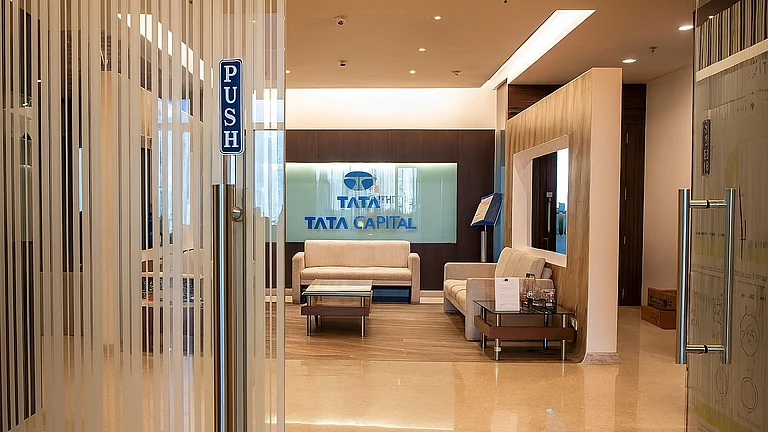Private capital needs market scale, strong policy, proven tech, and stable returns.
NIIF manages USD 4.9 billion, linking global capital with India’s energy market.
It backs renewables, Ather Energy, and clean energy lending of over USD 100 million.
India’s USD 20–30 billion renewables push stems from solid contracts and payment security.
Strong Policy, Proven Tech, and Stable Returns Key to Unlocking Energy Efficiency Capital: NIIF’s Gadkari
Gadkari highlighted NIIF’s role as a sovereign-anchored fund manager with USD 4.9 billion in assets under management across four funds, serving as a bridge between large pools of global capital and the Indian market
NIIF’s Chief Strategy Officer Prasad Gadkari on Thursday said attracting private capital into India’s energy efficiency sector will require a visible market with scale, strong policy backing, proven cost-effective technologies, and stable financial returns to ensure sustainable investments.
Speaking at AEEE’s Energise 2025, where Outlook Business was a knowledge partner, Gadkari highlighted NIIF’s role as a sovereign-anchored fund manager with USD 4.9 billion in assets under management across four funds, serving as a bridge between large pools of global capital and the Indian market.
He detailed NIIF’s multifaceted approach to the energy transition—operating as an owner-operator (scaling a renewable business from 400 MW to 4.5 GW before exit and implementing 22 million smart meters), a minority private equity investor (such as in Ather Energy), and a lender (with over USD 100 million committed).
Gadkari also credited India’s success in attracting USD 20–30 billion of investments into the renewables and transmission sectors over recent years to long-term, standardised contracts supported by robust payment security mechanisms.
The fourth edition of AEEE-Energise, the flagship biennial international conference of the Alliance for an Energy Efficient Economy (AEEE), brought together over 200 researchers, policymakers, industry leaders, and students at Asia Plateau, Panchgani, to advance India’s clean energy and decarbonisation agenda.
The conference also delved into critical themes shaping India’s clean energy transition, including demand flexibility for grid resilience, district cooling as a scalable urban solution, inclusive and just energy transitions, and innovative financing for decarbonisation.

